One of Australia’s biggest sporting clubs, Australian Football League (AFL) giant Collingwood, has a culture of “systemic racism”, a report has found.
The independent review said the Australian Rules football club had for years dismissed and punished people for speaking out about the issue.
Collingwood, also known as the Magpies, said it would “strive to be better”.
Its president said the club had made mistakes but wished to move on, citing new anti-racism policies.
Collingwood had commissioned the review after a former player, Héritier Lumumba, spoke out about his experience.
Mr Lumumba, who has Brazilian and Congolese-Angolan heritage, said he was nicknamed “chimp” by his teammates, and ostracised by team leaders after alleged incidents of racism at the club. He is currently suing Collingwood and the AFL.
Findings from the report, filed in December, have become public after being leaked to Australian media.
The AFL – Australia’s richest and best-attended professional league – has said it is working to stamp out racism in the sport, after a series of controversies.
What did the report find?
Titled “Do Better”, the report said that Collingwood’s response to racism had failed in many areas. It found:
- The club’s attitude to dealing with racist incidents was to “deny, double-down and deflect”
- Collingwood was more likely to respond to a racist incident when it was raised by the media than by a complaint within the club
- Action taken to tackle racism was often done to protect the club’s brand
- Until recently, the club had no policies in place to deal with racism or to make perpetrators accountable.
“All of this comes back to the leadership of the Collingwood Football Club – particularly its board – and the need for it to set the vision and values of the club and to drive structural change,” the report said.
he report was compiled by researchers at the University of Technology, Sydney who interviewed dozens of players, staff, club members and fans. They concluded those who raised issues felt they paid a high price for speaking out.
“What is clear is that racism at the club has resulted in profound and enduring harm to First Nations and African players. The racism affected them, their communities, and set dangerous norms for the public,” the report said.
‘Egregious’ history
The report also discussed Collingwood’s reputation, saying that “while claims of racism have been made across the AFL, there is something distinct and egregious about Collingwood’s history”.
“There is a strong view external to the club that, whenever there is a racist incident in the AFL, Collingwood is somehow involved with it,” it said.
According to the report, incidents often involved Collingwood players or fans racially abusing another team’s players.
A prominent example occurred during a 2013 match where champion footballer Adam Goodes, an Aboriginal man, was called an ape by a young Collingwood fan.
Club president Eddie McGuire apologised to Mr Goodes for the fan’s abuse, but then days later drew condemnation himself when he joked on radio that Mr Goodes might be used to promote a King Kong musical.
Mr McGuire – who is also a prominent Australian TV and radio host – later apologised for his comments but refused to step down over what he called “a slip of the tongue”.
Mr Lumumba said he was ostracised by his coaches and teammates for criticising Mr McGuire’s comments. He first raised allegations about the “culture of racist jokes and ideas” at the club in 2017, two years after he retired.
He declined to engage in Collingwood’s internal investigation, saying he had said enough on the public record. The report said a separate review into Mr Lumumba’s allegations was warranted.
Where to from here?
The report made 18 recommendations, including a direction that the club undertake an audit of its board to ensure that directors’ “personal views” matched the club’s stated values of inclusion and anti-racism.
It also advised setting up a “truth-telling” process, and said the club could consider reparations, compensation and public apologies to victims of racism.
The report noted a “genuine acknowledgment of past failures and a strong desire to do better” within the club.
Responding on Monday, Collingwood officials said they accepted the recommendations and were looking to the future.
“This is an area fraught with danger and recrimination but we have decided as a club that this fight against racism, against discrimination of all types is where we want to be,” Mr McGuire told reporters.
Mr McGuire said it was an “historic and proud day” for the 128-year-old football club, but rejected calls by some critics to stand down.
He announced in December he would step down at the end of 2021.

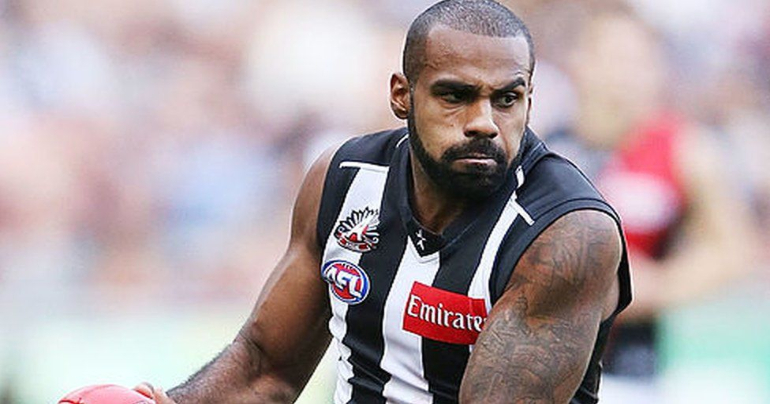
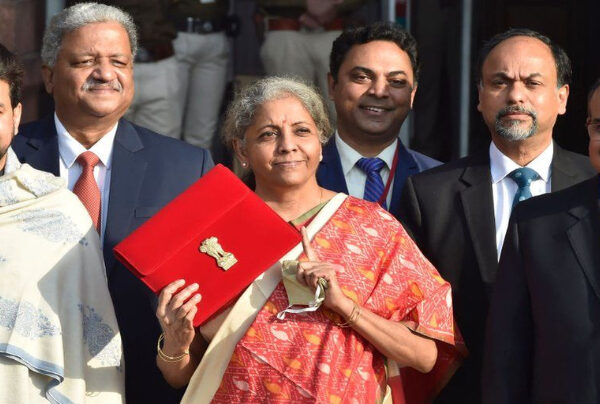




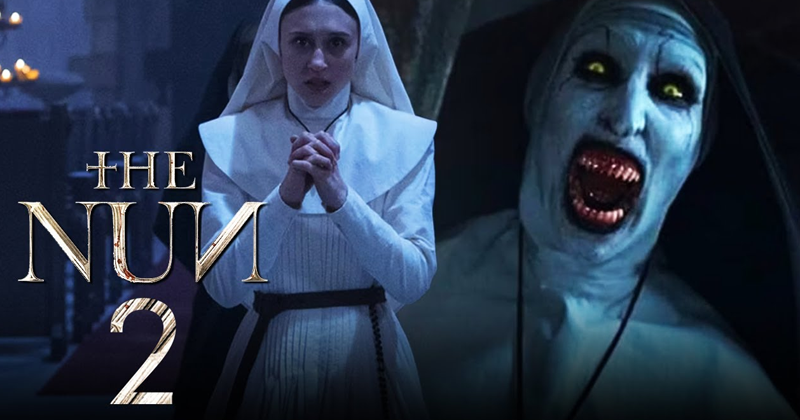
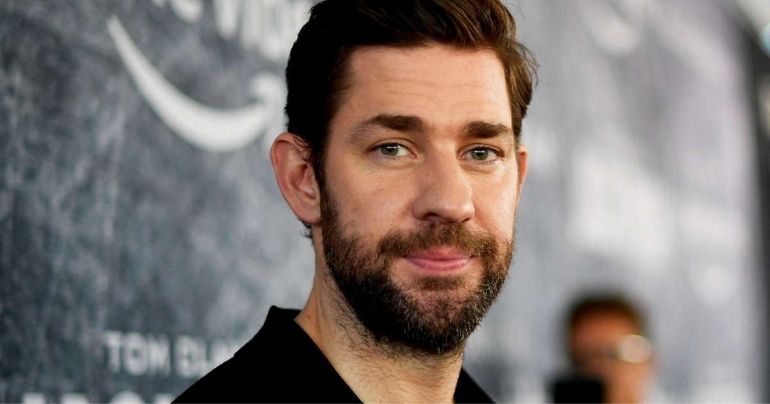

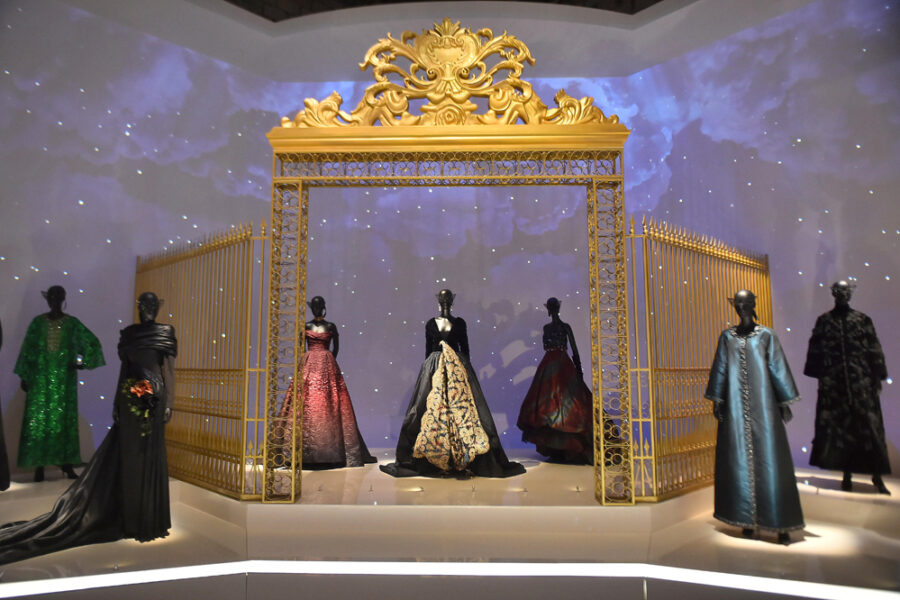
Leave a Comment